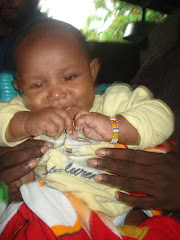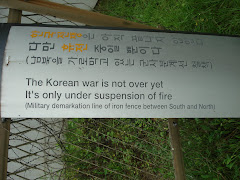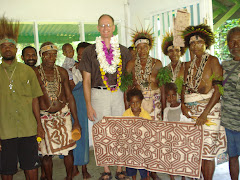One bishop (unnamed) was quoted on the TV news as characterizing the conference as a “talkfest,” as if that were nothing. Watching the majority of the bishops engage in the process and listening to the way they interacted outside their group sessions, I would say something incredibly important happened. Again to cite my friendly author Alain de Botton, writing “On the Sublime” in his book The Art of Travel (he is paraphrasing the words and attitude of God speaking in Job): “Do not be surprised that things have not gone your way…the universe is greater than you. Do not be surprised that you do not understand why they have not gone your way, for you cannot fathom the logic of the universe. See how small you are next to the mountains. Accept what is bigger than you and what you do not understand. The world may appear illogical to you, but it does not follow that it is illogical per se. Our lives are not the measure of all things: consider sublime places for a reminder of human insignificance and frailty.” We have all been part of something much larger than our orders, parishes, dioceses or church provinces. All of us have had to develop a larger perspective than we came with. It has been bewildering at times, annoying (if not enraging) at times, and there have been times of incomparable sweetness in prayer, conversation, (and for me) long lovely runs through the English countryside. It amounts to a great deal.
We cannot measure how you heal
or answer every sufferer’s prayer,
yet we believe your grace responds
where faith and doubt unite to care.
Your hands, though bloodied on the cross,
survive to hold and heal and warn,
to carry all through death to life
and cradle children yet unborn.
The guilt that clings from things long past,
The fear of what the future holds,
are present as if meant to last.
But present too is love which tends
The hurt we never hoped to find,
The private agonies inside,
The memories that haunt the mind.
So some have come who need your help
And some have come to make amends
As hands which shaped and saved the world
Are present in the touch of friends.
Lord, let your Spirit meet us here
To mend the body, mind, and soul,
To disentangle peace from pain
And make your broken people whole.
Words: John L. Bell (b. 1949) and Graham Maule (b. 1958)
Tune The Banks o’Doon (Ye Banks and Braes) Scottish folk melody harmonized by John L. Bell.






2 comments:
Thanks for such a beautiful piece and for including the hymn which I also loved.
Have tried to email you but it bounced back and said your mailbox is full - when it has some space, let me know and I will email you.
Michael ssm
Clark, your thoughtful and prayerful descriptions of Lambeth leave me with a lot more hope for the future of the Communion. As long as all sides can still talk with each other and, dare I say it, pray with each other, the middle way can hold.
Post a Comment